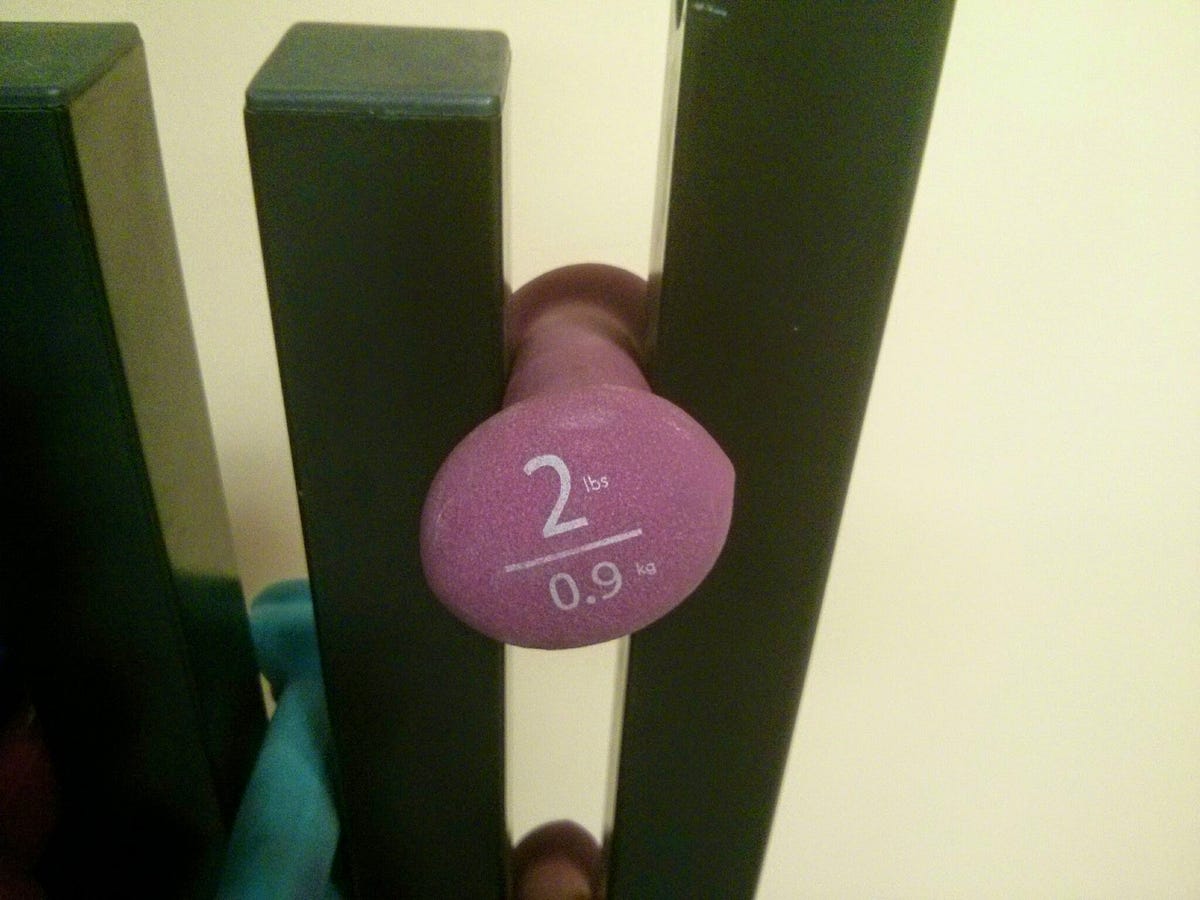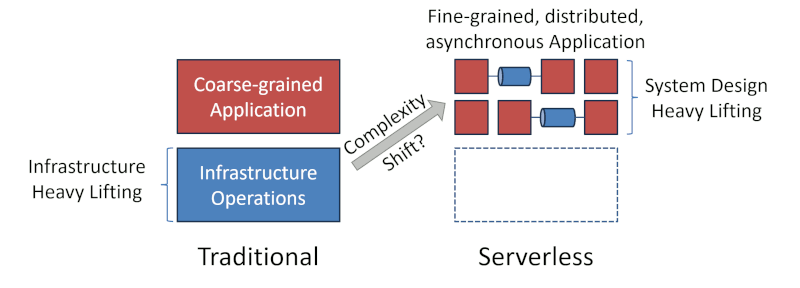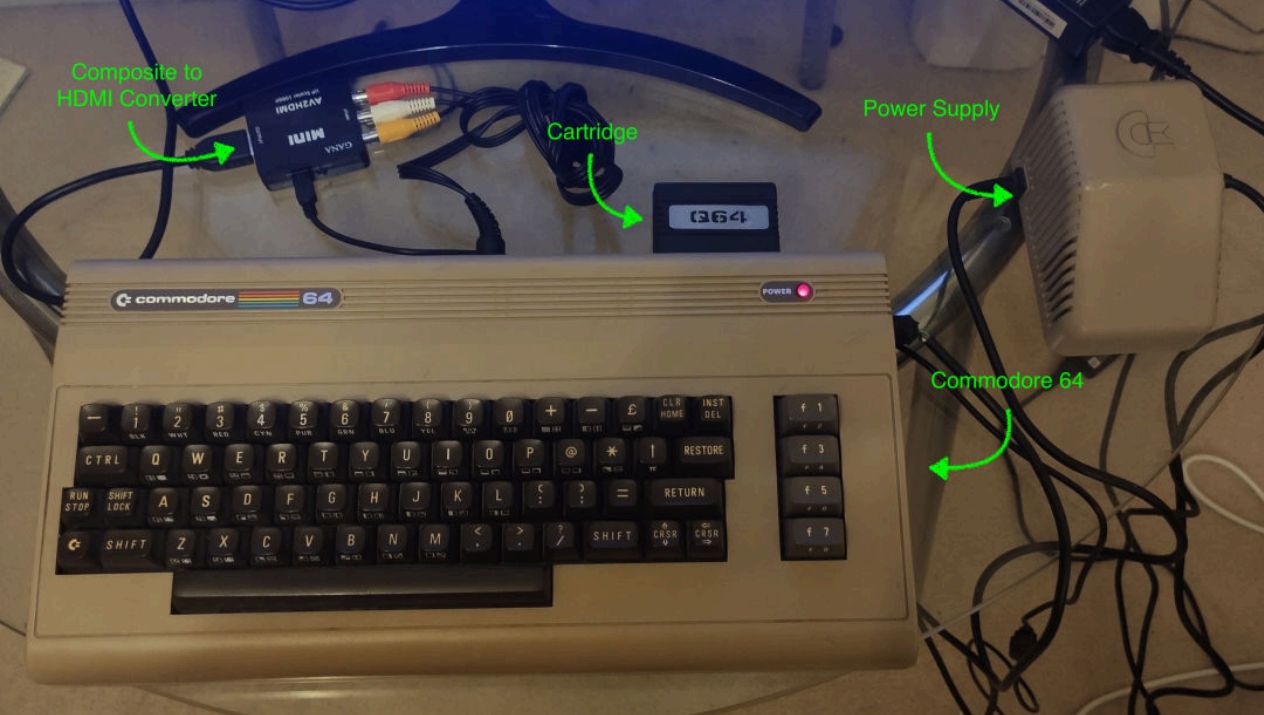
The demise of amateur content5 min well spent
Last month we launched an improvement we made to help people find better product reviews through Search. We have an automated system that tries to determine if a review seems to go beyond just sharing basic information about a product and instead demonstrates in-depth research or expertise. This helps people find high quality information from the content producers who are making it.
Building a system that determines how deep an article goes into a subject sounds easy but is very difficult to build! How could that work?
Let’s start with the outcome. The questions Google provides around the product reviews update give us an understanding of what its many algorithms are trying to achieve:
In best case, a human and Google’s ranking algorithm would agree on the same answer for each question in the context of a website.
Google uses word embeddings to understand entities like people, companies, books, cities, and more. Word embeddings are the basis for knowledge graphs and entity mapping. A transformer model trained on Google’s index (and Knowledge Graph) should understand the difference between content written by an expert vs. an amateur pretty well. Transformer technology allows Google to analyze sentences and understand the relationships between words:















/cdn.vox-cdn.com/uploads/chorus_asset/file/25255988/246965_vision_pro_AKrales_0140.jpg)











